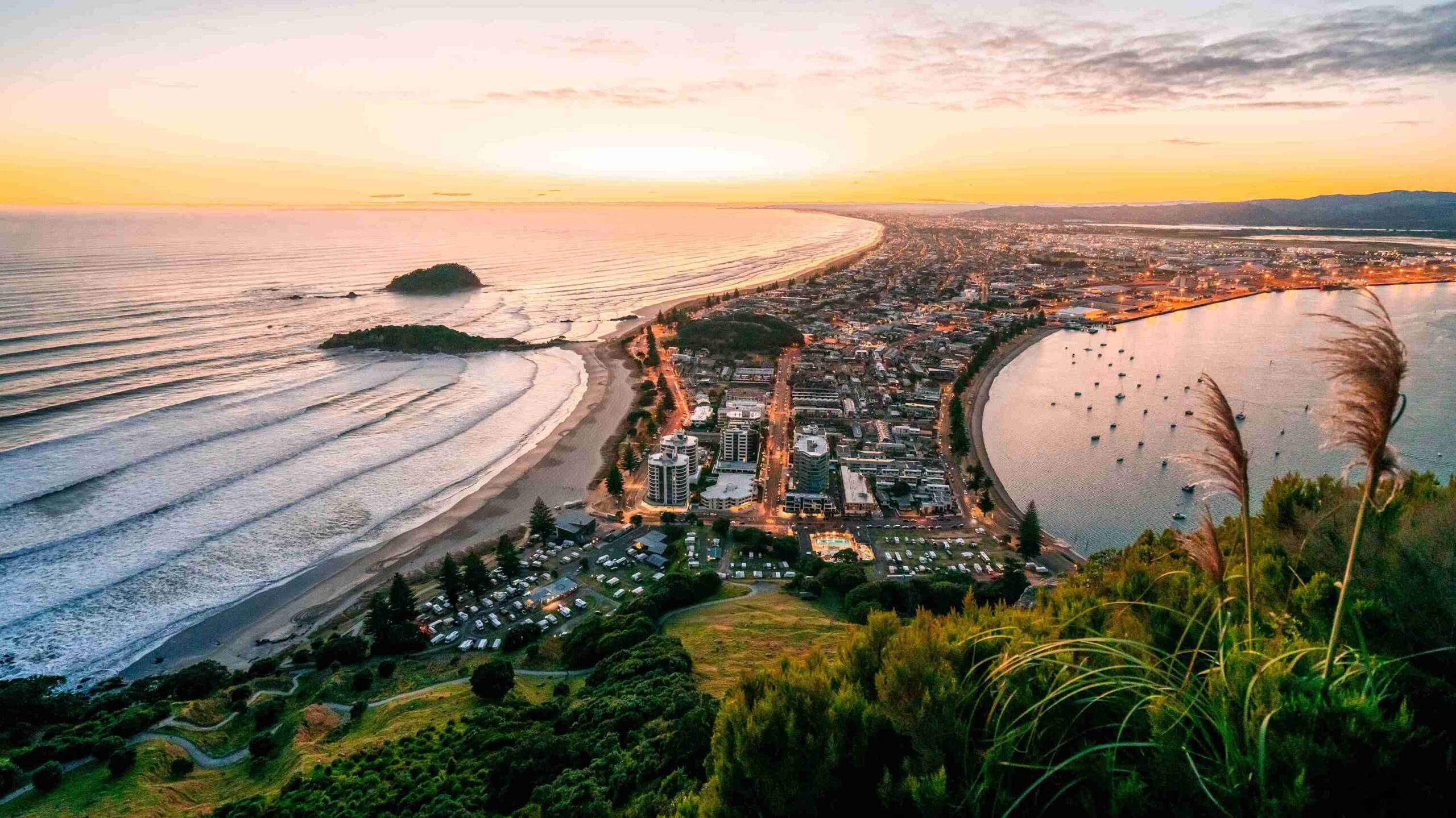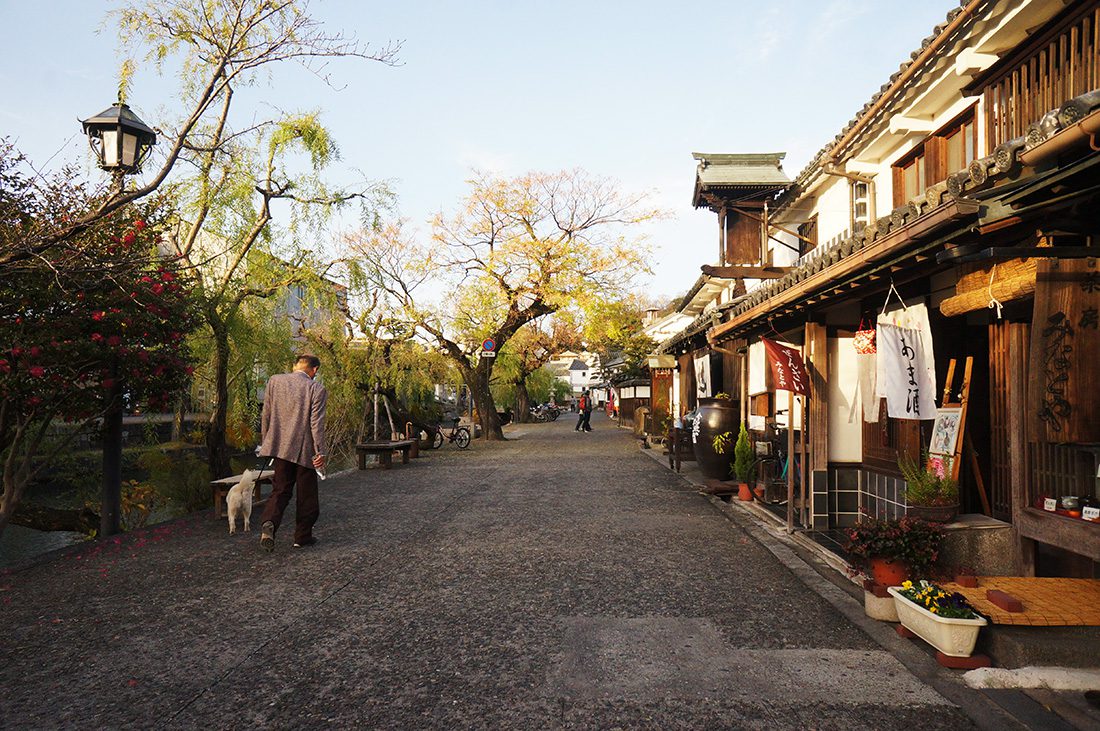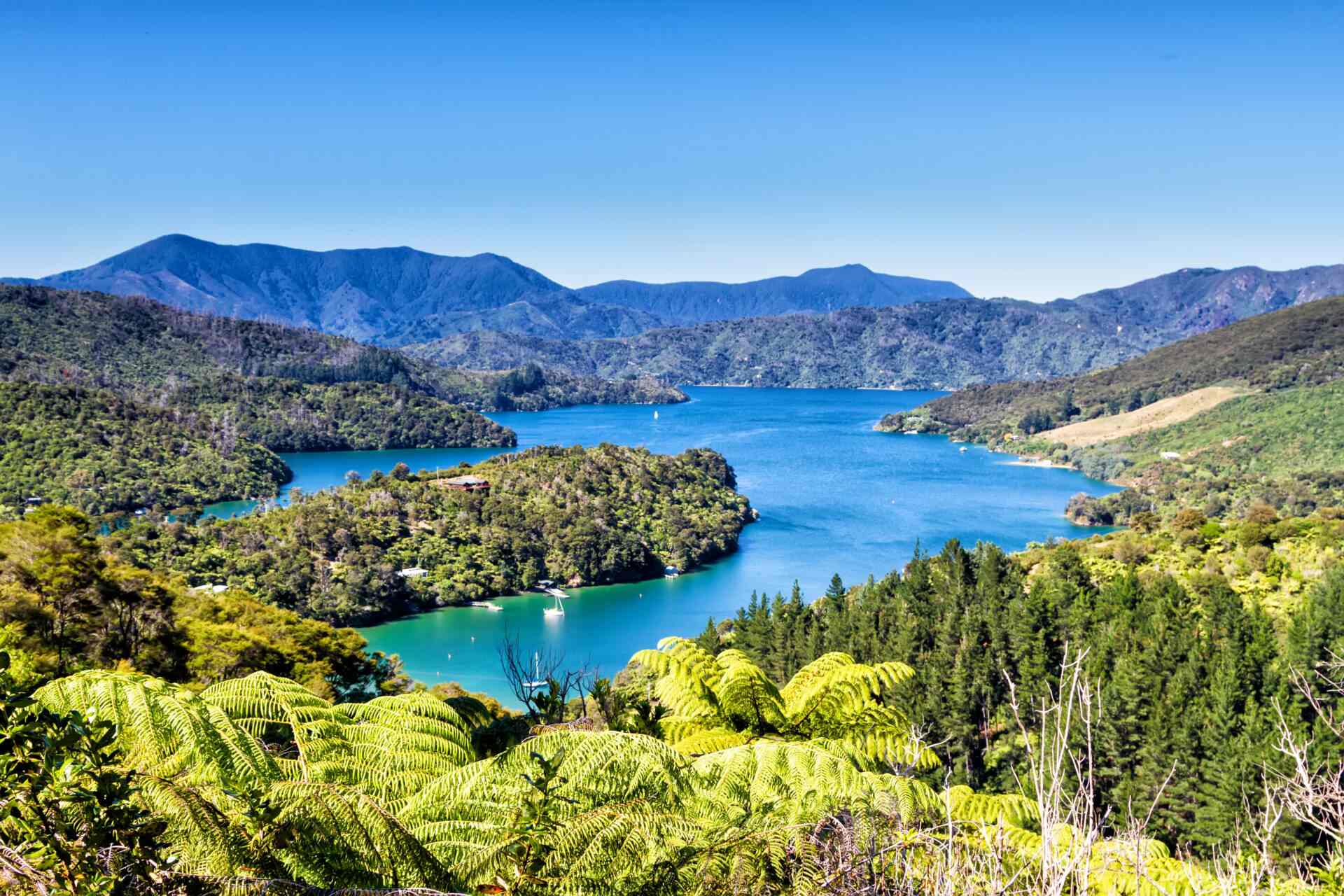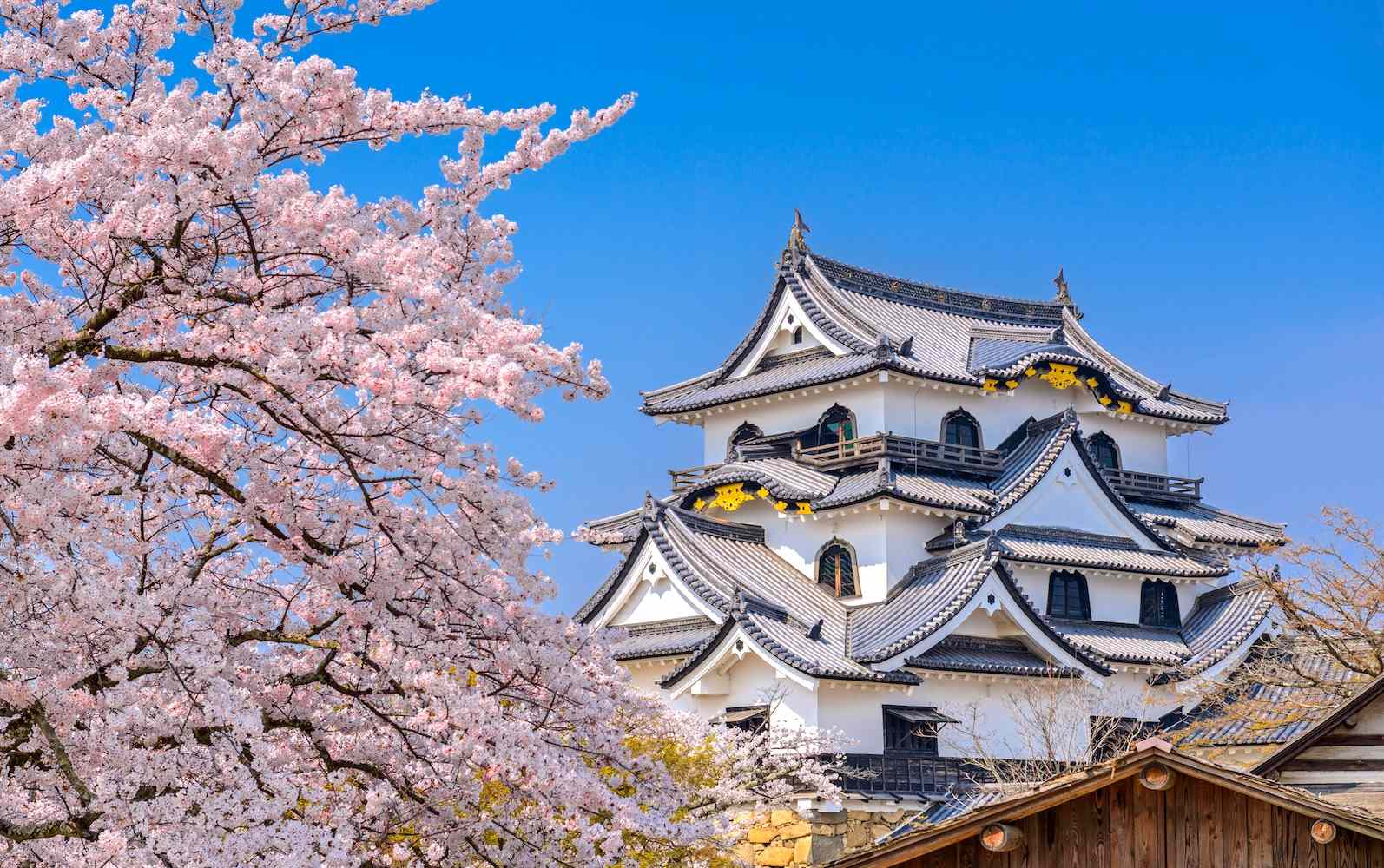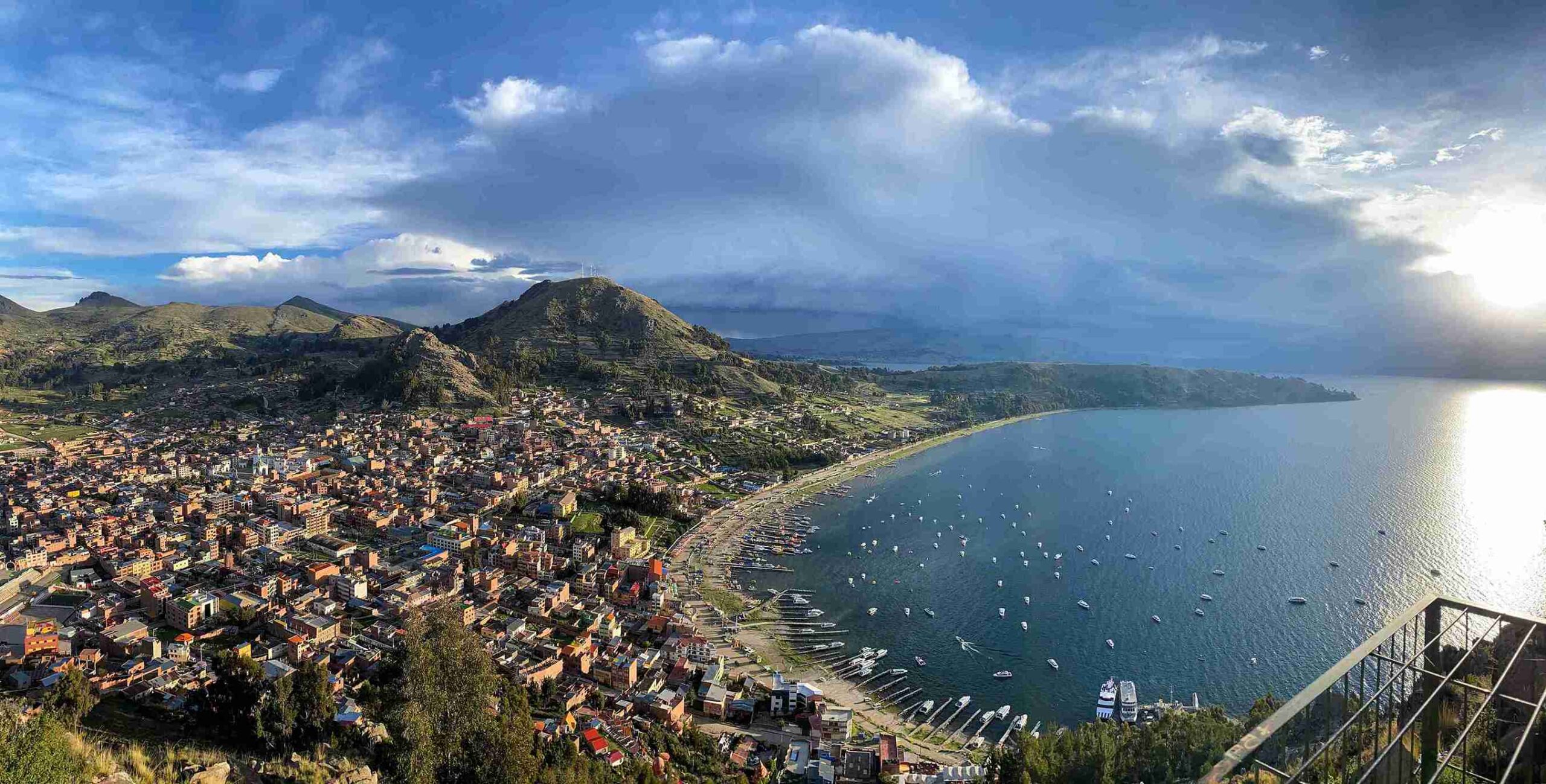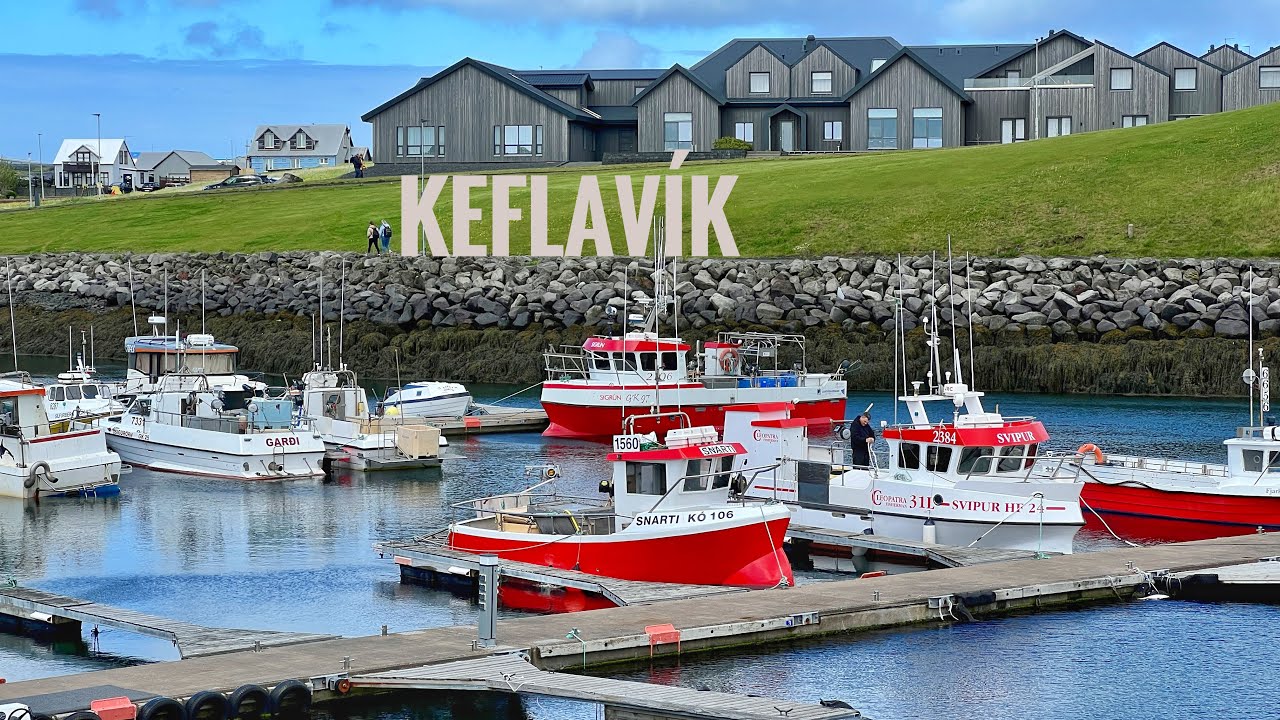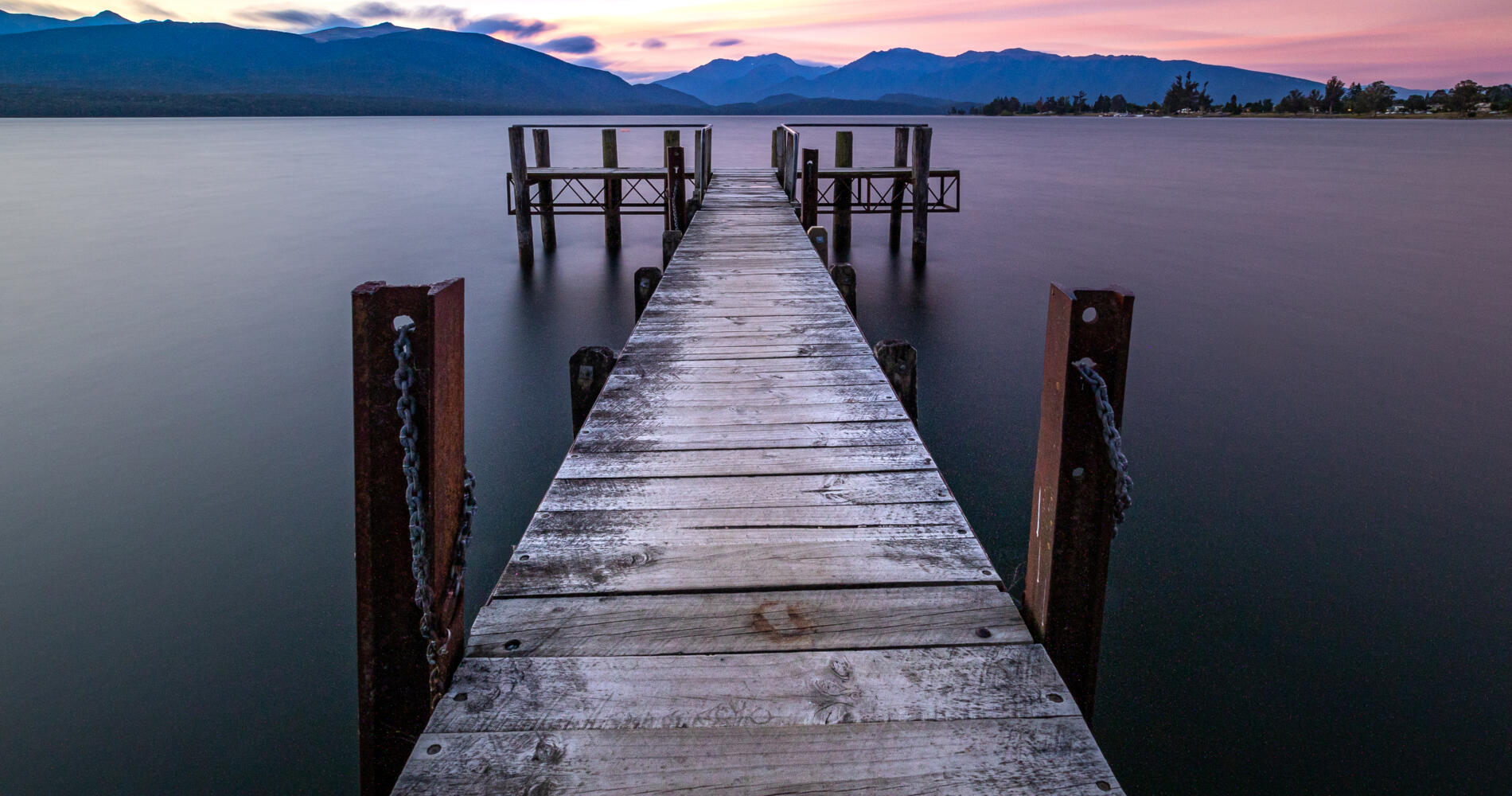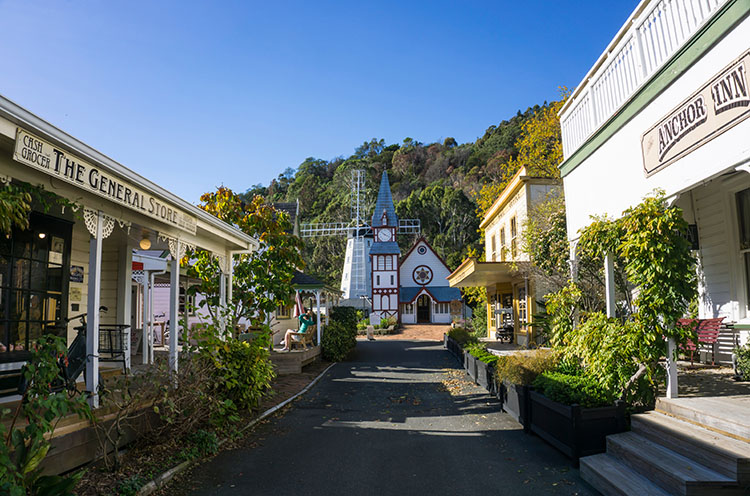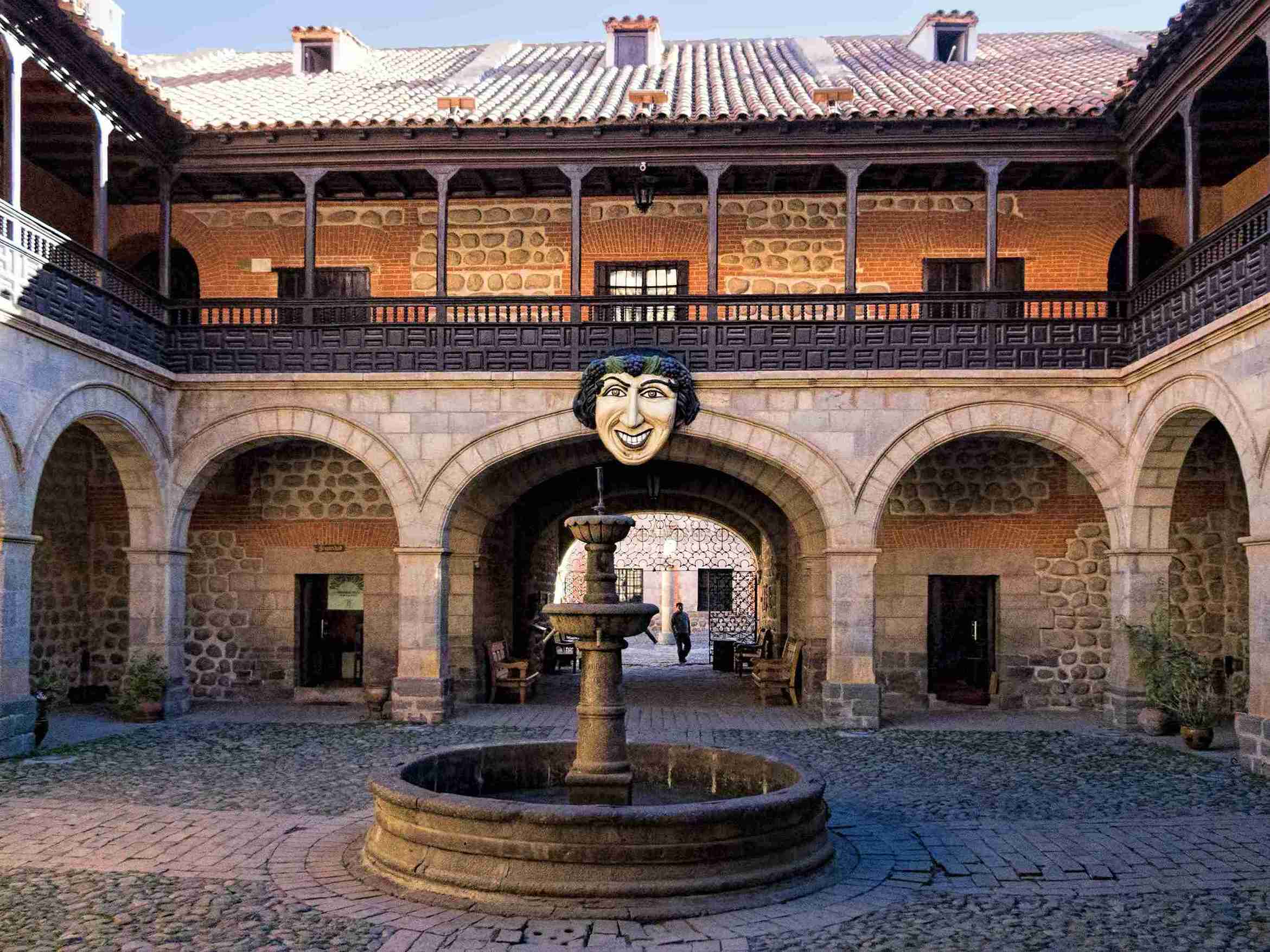Madaba, Jordan – Travel Tips
Category
Categories
Popular Articles
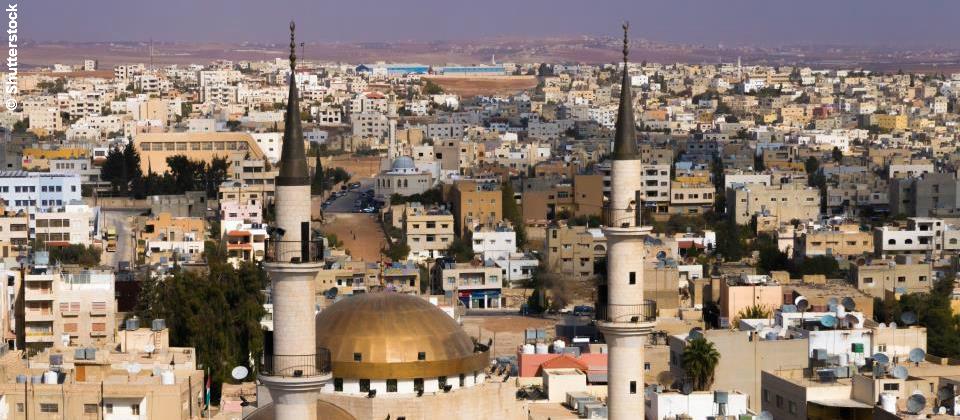
## Overview of the Destination
Madaba, better known as the ‘City of Mosaics’, is a small, vibrant city in Jordan that attracts culture enthusiasts from around the world. This unassuming gem is renowned for its beautifully intricate Byzantine and Umayyad mosaics. The crown jewel of these works is the 6th century mosaic map of Jerusalem and the Holy Land that adorns the floor of the St. George Church. The animated social culture, mouthwatering local cuisine, and rich historical offerings make Madaba a charming and culturally rich destination that is truly worth a visit.
## Best Time to Visit
Madaba is blessed with a Mediterranean climate which makes spring (March – May) and Autumn (September – November) the most comfortable and scenic time to visit. During these periods, the weather is pleasant, with daytime temperatures averaging 20°C – 25°C (68°F – 77°F). However, keep in mind that Easter celebrations, in spring, can draw larger crowds to St. George’s Church.
## Climate & What to Pack
The climate in Madaba is mostly warm and dry, with hot summers and mild winters. It gets colder at night, so packing some lightweight sweaters or jackets is recommended. Daytime attire should focus on comfort, modesty, and sun protection: Long, loose-fitting clothes, sun hats, sunscreen, and comfortable walking shoes are a must. Don’t forget a reusable water bottle, sunglasses, and your camera!
## Getting There
The nearest major airport to Madaba is Queen Alia International Airport (AMM) in Amman, approximately 27 km away. From the airport, you can hire a taxi, or arrange a private transfer. Visitors from most countries will need a visa to enter Jordan, which can be obtained on arrival at the airport.
## Getting Around Locally
Madaba is a small city that is easily navigable by foot. Taxis and rideshares are readily available and relatively cheap. If you’re venturing further, consider hiring a car or joining an organized tour. When it comes to exploring the outskirts of the city, rental cars and bikes are available.
## Safety Tips
Madaba is generally considered safe for tourists. As always, it’s smart to stay alert and secure your belongings. Local people are known for their hospitality, but don’t be tricked into paying for ‘free’ tours or shopping at certain stores. Respect local customs by dressing modestly and avoiding public demonstrations of affection.
## Top Things to Do & See
Begin with the St. George’s Church, the home of the famous mosaic map. Don’t miss other important sites like the Madaba Archaeological Park, Church of the Apostles, and the Madaba Museum. For spectacular views, visit Mount Nebo, just 10 km away. Cultural enthusiasts can also join cooking classes or watch artisans working on traditional crafts.
## Where to Stay
For luxury accommodations, consider the Mosaic City Hotel or Grand Hotel Madaba. Mid-range options include Moab Land Hotel and Salome Hotel. For budget travelers, the Mariam Hotel offers a good value. Staying within the city center will place you close to the main attractions.
## Food & Local Cuisine
Madaba is known for its delicious Jordanian cuisine. Traditional dishes to try include Mansaf, Maqluba, and Falafel. Street food is widespread with Shawarma stands and fresh fruit juice parlors. For formal dining, try Haret Jdoudna or the Queen Ayola restaurant.
## Cultural & Practical Tips
The official currency is the Jordanian Dinar. English is well understood, especially in places that cater to tourists. Tipping is customary in restaurants (around 10%). Plugs are type C, D, F, G, and J with a standard voltage of 230 V. The WiFi is usually reliable in hotels and cafes.
## Sustainable or Responsible Travel Tips
Consider eco-friendly practices by minimizing the use of plastic, avoiding littering, and respecting the historic sites by not touching the mosaics. Buying locally made products and eating at local establishments helps support the local economy.
## Personal Travel Tip
Last but not least, slow down and immerse yourself in the rhythm of Madaba. Engage with locals if you get the opportunity; they are famously hospitable and their stories might add another layer to your understanding of this charming city’s history and culture. Happy travelling!


